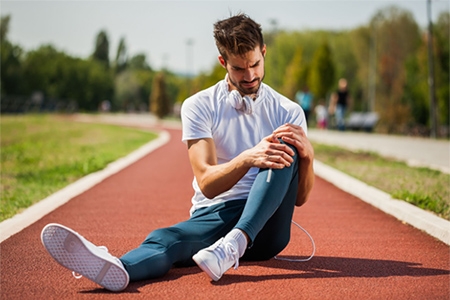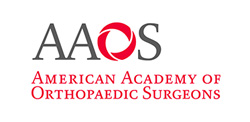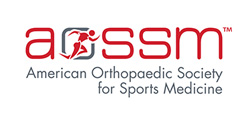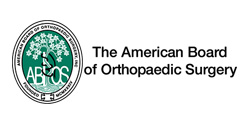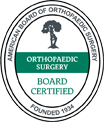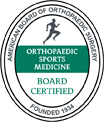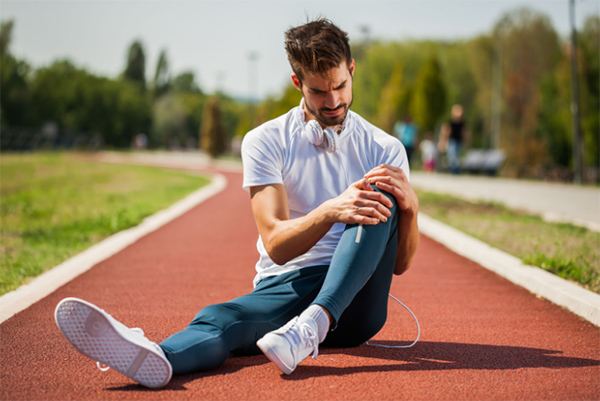
Recovering from an ACL tear takes time, discipline, and dedication—qualities every athlete understands well. But smoking or vaping are habits that can quietly sabotage even the best recovery plan. With November marking the Great American Smokeout, there’s no better time to talk about how tobacco affects ACL healing and the long-term success of your return to sport.
How Smoking and Vaping Impact ACL Recovery
After ACL reconstruction, the body relies on oxygen-rich blood to rebuild tissues and strengthen the new graft. Smoking and vaping introduce harmful substances such as nicotine and carbon monoxide, which narrow blood vessels and reduce circulation. This limited blood flow deprives healing tissues of oxygen and nutrients, delaying recovery and weakening graft integrity.
Several clinical studies have confirmed that people who smoke or vape face higher rates of ACL graft failure compared to non-smokers. For example, one study involving 233 patients found that smokers had a graft rupture rate of 12.8%, nearly three times that of non-smokers (4.6%), following ACL reconstruction using hamstring autografts.1 Research also shows that smoking is associated with poorer graft maturation on MRI, further compromising long-term stability.
Weakened Muscles and Slower Rehabilitation
Tobacco’s effects extend beyond the knee joint. Nicotine reduces protein synthesis, a critical process for muscle repair and strength building. For athletes working through ACL rehab, this means slower progress and reduced gains from physical therapy sessions. Additionally, smoking impairs lung capacity, which can make endurance training more challenging and delay return-to-play readiness.
Even short-term smoking and vaping can impact recovery outcomes. These toxins alter collagen formation, making ligaments less elastic and more prone to reinjury. This is especially concerning for athletes whose sport demands sudden stops, pivots, and directional changes, which are movements heavily reliant on ACL stability.
Why Quitting Makes a Real Difference
The good news? Quitting smoking or vaping before or after surgery can significantly improve recovery outcomes. Within weeks of quitting, circulation improves, oxygen levels rise, and the immune system becomes more responsive—all essential for proper tissue repair. Even temporary abstinence before surgery can lower complication risks and help the graft heal stronger.
Athletes who commit to quitting often report faster progress in rehabilitation, better strength gains, and a more confident return to sport. Beyond the ACL, quitting supports overall joint health by improving bone density and reducing chronic inflammation, two factors that play a major role in preventing future injuries.
Protecting Your Comeback
An ACL injury doesn’t just test your knee, it tests your mindset and commitment to recovery. Avoiding tobacco during this time is one of the most impactful decisions you can make for your athletic future.
As a sports medicine specialist, Dr. DiGiulio combines advanced surgical techniques with personalized rehabilitation guidance to help athletes recover stronger and safer. Schedule a consultation to discuss your ACL recovery plan and learn how to protect your comeback, starting with a smoke-free approach.
AUTHOR: Milan M. DiGiulio, M.D. offers comprehensive Orthopaedic care for you and your entire family, specializing in Sports Medicine and Arthroscopic surgery of the shoulder and knee. Dr. DiGiulio performs over 200 arthroscopic shoulder and knee surgeries each year, using the most advanced surgical technology. Dr. DiGiulio is an advocate of non-invasive, non-surgical treatment options such as Physical Therapy and Orthobiologics.
Reference:



